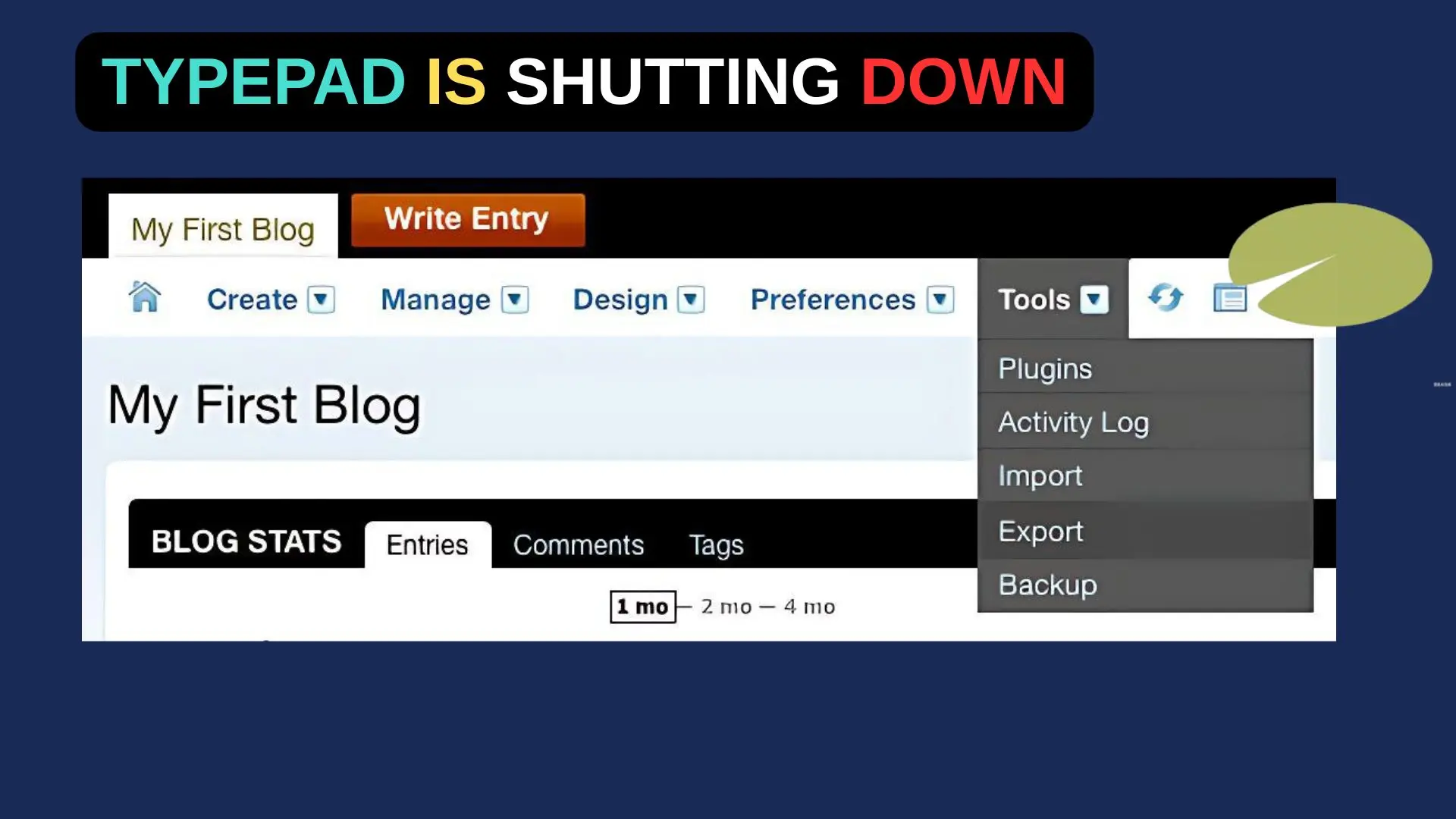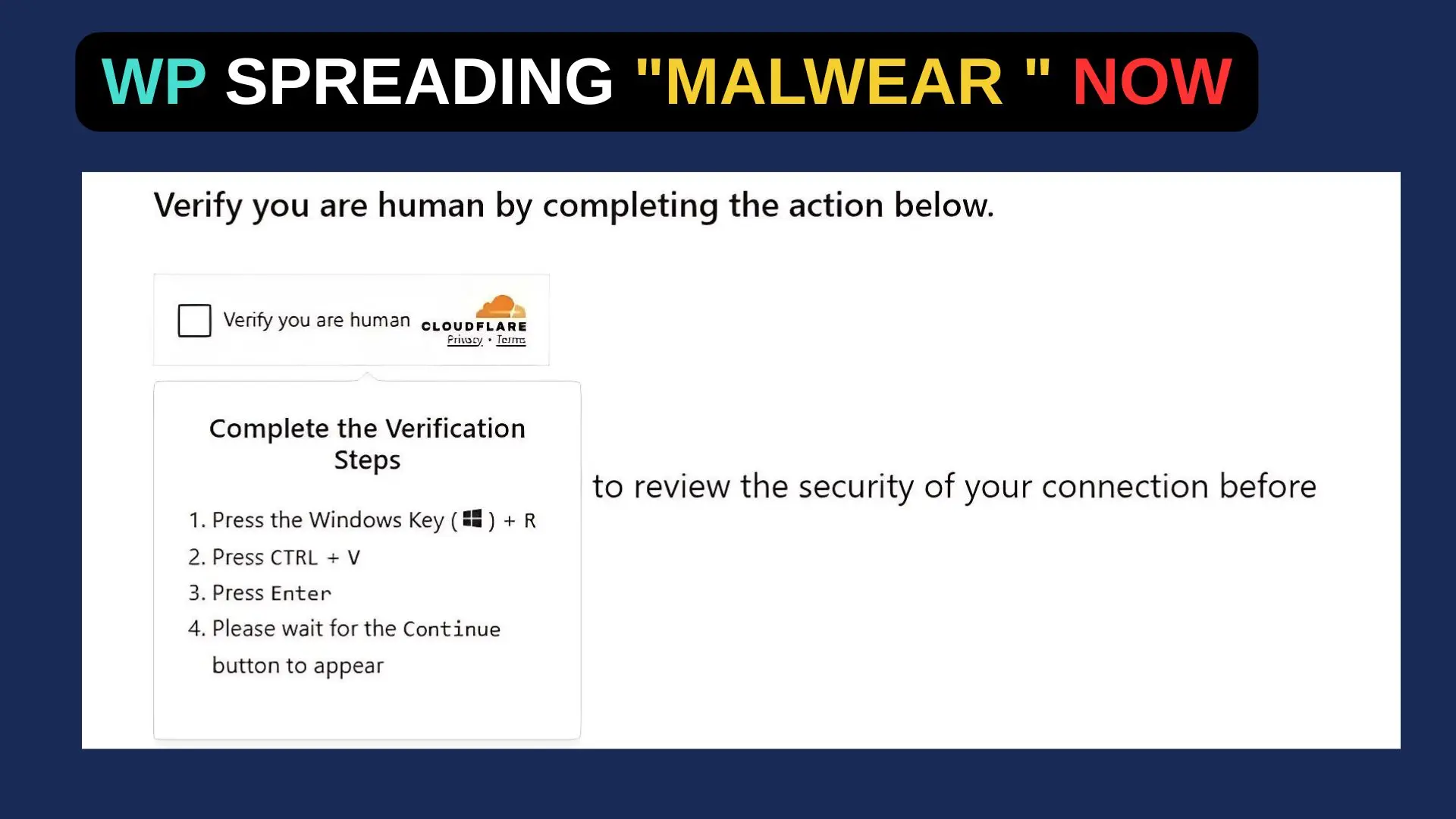If you work with SEO agencies like this:
One of our latest clients, prior to working with us, was working with a reputable SEO agency. Their deal: The agency would build 10 backlinks per month for 1,500 USD. The agency DID deliver the backlinks, but the links yielded no increases in rankings.
Here’s what you need to know to avoid the same fate.
Avoid Backlink Farms
Backlink farms are becoming a common practice among shady SEO agencies. These farms are websites created for the sole purpose of selling backlinks. While this may sound like a quick and easy way to boost your website’s SEO, it’s important to understand the harm it can cause.

What Are Backlink Farms and Why Are They Harmful to SEO?
Backlink farms offer links to other websites for a fee, regardless of the quality or relevance of the content. This means that the links you purchase from them are likely to be low-quality and spammy, which can harm your website’s ranking. Google’s algorithms are designed to identify and penalize websites that use such tactics to manipulate their rankings.
They use sketchy SEO techniques to boost their DA metrics REALLY high. Heck, you can go on Fiverr today and buy a service that’ll boost your DA to 60 in a week. A high DA gets inexperienced SEOs to think that these sites are great prospects for link-building.

These websites charge a very small $$$ for selling backlinks, making it an easy opportunity for shady SEO agencies to make arbitrage money. Buy a backlink for 50 USD, sell it for 150 USD, and BAM! You pocked 100 USD with 0 work. No outreach is needed, just fill in a contact form.
What’s more
Moreover, backlink farms often sell links in bulk, which means that you’ll end up with a large number of links that are unrelated to your niche. This can send a red flag to search engines, indicating that you’re trying to manipulate your website’s ranking. In addition, backlink farms have zero other ways to make money, which means that they are solely focused on selling links, making them untrustworthy sources.
So, while it may be tempting to purchase backlinks from these link farms, it’s important to understand that they can do more harm than good. Instead, focus on creating high-quality content that people will naturally want to link to. This will not only improve your website’s SEO but will also establish your website as an authoritative source in your niche.
How to Identify a Linkfarm Website?
To an experienced eye, backlink farms are easy to catch. If I can spot a backlink farm in 2 minutes, so can Google. And you know what that means? Google completely disregards links from backlink farms, making them completely useless. So, how can you avoid burning your money?
- The majority of articles are low-quality guest posts with 1-2 links, one pointing to the backlink purchaser, and another to a random internal post on the site.
- A basic WordPress template is used for this link farm site. Since link farms aren’t actually intended for human consumption, a lot of attention isn’t paid to the site’s aesthetics.
- In order to serve clients in a variety of niches, link farms usually have dozens of completely unrelated categories, since they want to serve clients in many different niches. There can be articles on topics so completely unrelated to each other in a link farm that they are actually amusing.
- Since link farms are only interested in publishing content and making money through links, they don’t have much information about what they are, who is behind them, etc.
- There are practically no posts on link farms’ Facebook, Instagram, or Twitter accounts.
- Ahrefs has thousands of websites linked through its link farm. If you run a link farm through it, you’ll see that they have a lot of external links.
- There are link farms that have a high domain authority (Moz metric), so you might think they’re legitimate. However, they typically use PBNs and other shady SEO techniques to inflate the number in order to appear more legitimate.
- Link farms have low traffic and irrelevant rankings since they don’t care about readers. If they rank at all, it’s usually on terms that aren’t really relevant.






